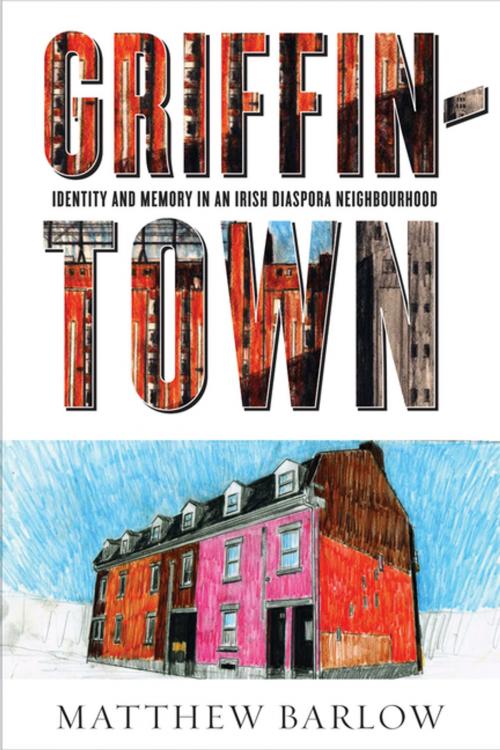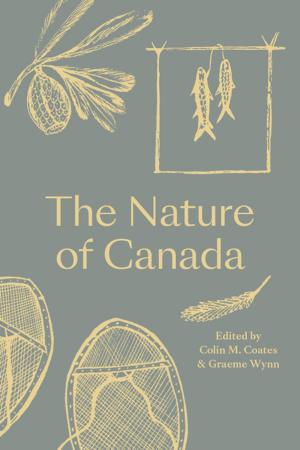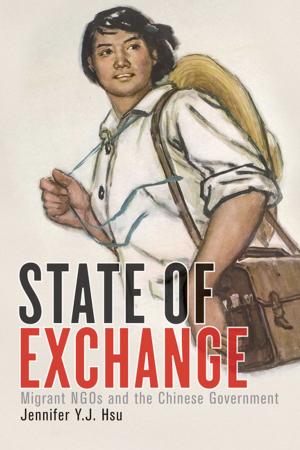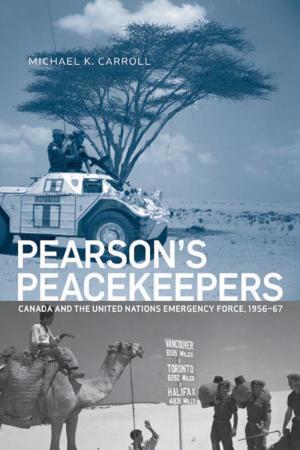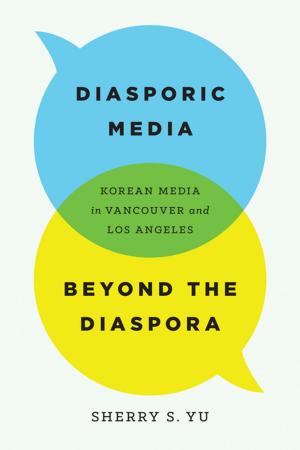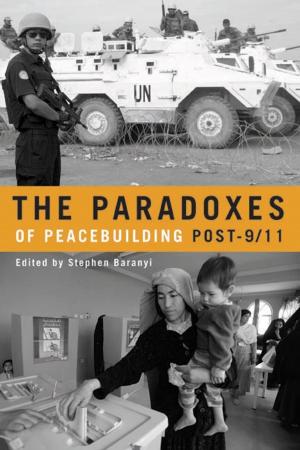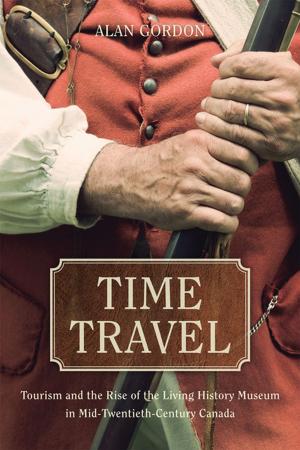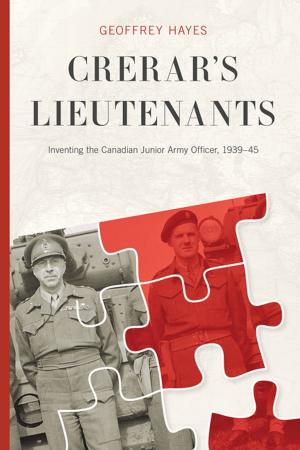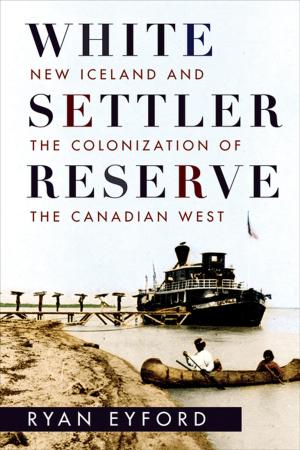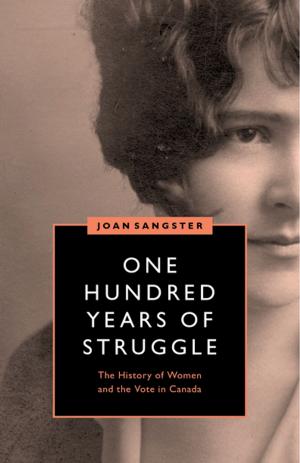Griffintown
Identity and Memory in an Irish Diaspora Neighbourhood
Nonfiction, History, Canada, Social & Cultural Studies, Social Science, Sociology, Urban, Cultural Studies, Ethnic Studies| Author: | Matthew Barlow | ISBN: | 9780774834360 |
| Publisher: | UBC Press | Publication: | June 28, 2017 |
| Imprint: | UBC Press | Language: | English |
| Author: | Matthew Barlow |
| ISBN: | 9780774834360 |
| Publisher: | UBC Press |
| Publication: | June 28, 2017 |
| Imprint: | UBC Press |
| Language: | English |
This vibrant biography of Griffintown, an inner-city Irish Catholic neighbourhood in Montreal, brings to life the history of Irish identity in the legendary enclave. Once a destination for many from the Emerald Isle, Montreal saw Irish immigration dwindle in the late nineteenth century. Irish culture in the city became diasporic: images and ideas of Ireland reflected an imagined homeland, a vision passed down through generations and filtered through the long Irish experience in Montreal.
Focusing on the power of memory to shape community, Matthew Barlow examines how current and former residents have responded over time to the claims of city officials and developers. How has Griffintown dealt with a declining population, repeated and controversial attempts at urban renewal, and increasing uncertainty about Quebec’s political future?
If, by the 1970s, Griffintown was derelict and all but abandoned, beginning in the late 1990s, the neighbourhood underwent a symbolic rebirth. As Barlow demonstrates, the spirit of this ethnic quarter was nurtured not by the leaders of Irish Montreal but by the former working-class men and women who grew up there. Today, as the neighbourhood attracts renewed interest from developers, this textured analysis offers a glimpse into how public memory defines our urban centres.
Matthew Barlow has also worked on a series of short films that recount the fascinating social history of Griffintown. Watch them at www.griffintowntour.com.
This vibrant biography of Griffintown, an inner-city Irish Catholic neighbourhood in Montreal, brings to life the history of Irish identity in the legendary enclave. Once a destination for many from the Emerald Isle, Montreal saw Irish immigration dwindle in the late nineteenth century. Irish culture in the city became diasporic: images and ideas of Ireland reflected an imagined homeland, a vision passed down through generations and filtered through the long Irish experience in Montreal.
Focusing on the power of memory to shape community, Matthew Barlow examines how current and former residents have responded over time to the claims of city officials and developers. How has Griffintown dealt with a declining population, repeated and controversial attempts at urban renewal, and increasing uncertainty about Quebec’s political future?
If, by the 1970s, Griffintown was derelict and all but abandoned, beginning in the late 1990s, the neighbourhood underwent a symbolic rebirth. As Barlow demonstrates, the spirit of this ethnic quarter was nurtured not by the leaders of Irish Montreal but by the former working-class men and women who grew up there. Today, as the neighbourhood attracts renewed interest from developers, this textured analysis offers a glimpse into how public memory defines our urban centres.
Matthew Barlow has also worked on a series of short films that recount the fascinating social history of Griffintown. Watch them at www.griffintowntour.com.
